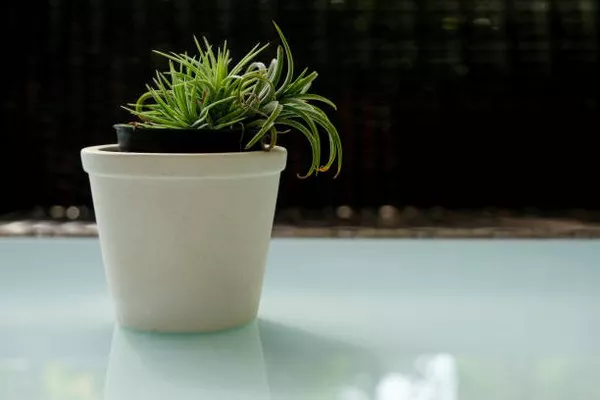Indoor plants bring a touch of nature into our homes, but they can also attract unwanted guests in the form of bugs. Dealing with pests on indoor plants requires a careful and strategic approach to ensure the health and vitality of your green companions. In this guide, we will explore effective methods to get rid of bugs on indoor plants, promoting a pest-free environment for your beloved flora.
Identify the Culprits:
The first step in eradicating bugs from your indoor plants is to identify the specific pests causing trouble. Common indoor plant pests include spider mites, aphids, mealybugs, whiteflies, and scale insects. Each type of pest requires a tailored approach for effective elimination.
Inspect the leaves, stems, and soil of your plants regularly to spot any signs of infestation. Look for discolored or distorted leaves, sticky residue, tiny moving specks, and small webs. Once you identify the pests, you can choose the most appropriate method to eradicate them.
Isolate Infested Plants:
To prevent the spread of bugs to other plants, it is crucial to isolate the infested ones. Move affected plants away from healthy ones to minimize the risk of infestation spreading. Quarantining the affected plants also facilitates targeted treatment and prevents the bugs from migrating to neighboring greenery.
Natural Predators:
Introducing natural predators is an eco-friendly and effective method to control indoor plant pests. Ladybugs, lacewings, and predatory mites are known to feed on common plant pests. Release these beneficial insects into your indoor garden to establish a natural balance and keep pest populations in check.
However, it’s essential to monitor the predator population to ensure they are effective in controlling the pests without causing harm to your plants.
Neem Oil:
Neem oil is a natural pesticide derived from the neem tree and is renowned for its effectiveness in controlling a wide range of pests. It disrupts the life cycle of insects, inhibiting their ability to feed and reproduce. Mix neem oil with water and a few drops of dish soap, then spray the solution on affected plants. Repeat this process every 7-10 days until the infestation is under control.
Insecticidal Soap:
Insecticidal soap is a gentle yet powerful solution for eliminating soft-bodied pests like aphids, spider mites, and whiteflies. It works by disrupting the insect’s cell membranes, causing them to dehydrate and perish. Purchase a commercially available insecticidal soap or make your own by mixing mild liquid soap with water. Spray the solution on the affected plants, ensuring coverage on both the upper and lower leaf surfaces.
Diatomaceous Earth:
Diatomaceous earth, composed of fossilized diatoms, is an abrasive powder that effectively controls pests with exoskeletons. Sprinkle a thin layer of diatomaceous earth on the soil surface around your plants, as well as on the leaves. This fine powder damages the exoskeletons of insects upon contact, leading to their dehydration and death. Regular reapplication may be necessary, especially after watering.
Horticultural Oils:
Horticultural oils, such as neem oil and mineral oil, provide an effective barrier against pests. These oils suffocate insects by blocking their spiracles, preventing them from breathing. Mix the oil with water according to the product instructions and spray it on the affected plants. Ensure thorough coverage, especially on the undersides of leaves where pests often hide.
Regular Cleaning and Maintenance:
Maintaining a clean and well-ventilated indoor environment is crucial for preventing pest infestations. Remove fallen leaves, debris, and dead plant material regularly to eliminate potential hiding spots for bugs. Prune affected plant parts to reduce pest populations and promote better air circulation.
See Also How To Keep Air Plants Alive
Conclusion:
Keeping indoor plants free from bugs requires a combination of vigilance, identification, and strategic action. By incorporating natural predators, organic solutions like neem oil and insecticidal soap, and implementing preventive measures, you can create a healthy and thriving indoor garden. Regular inspection and prompt intervention will not only rid your plants of pests but also contribute to the overall well-being of your green companions. Embrace these methods, and you’ll be well on your way to enjoying a bug-free indoor oasis.


